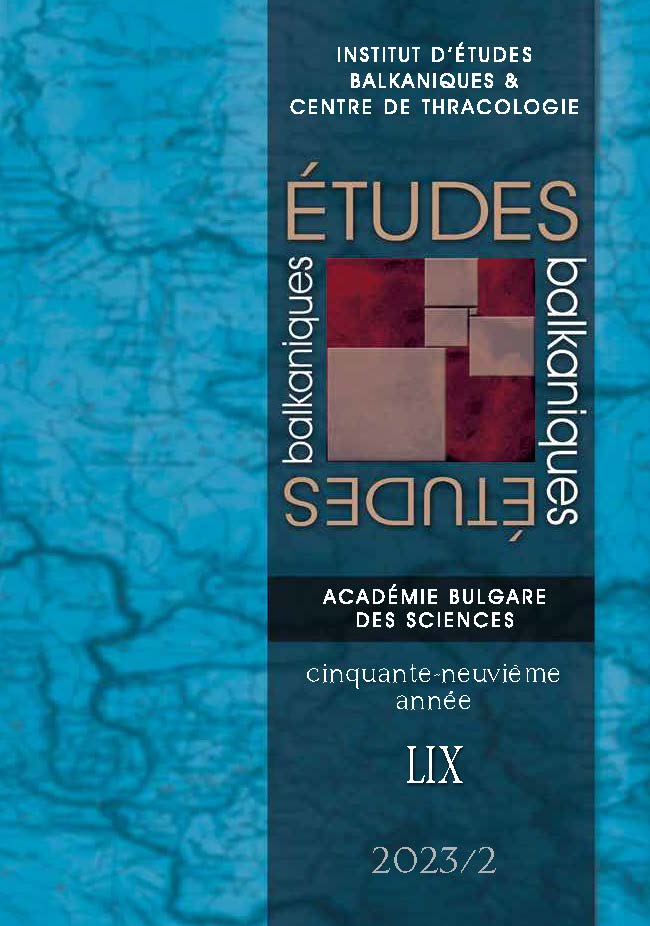LE RETOUR DES PÉLASGES. INÉGALITÉS ET IMAGINAIRE NATIONAL SUR LA FRONTIÈRE ENTRE LA GRÈCE ET L’ALBANIE
THE RETURN OF THE PELASGIANS. INEQUALITY AND NATIONAL IMAGINATION ON THE GREEK-ALBANIAN BORDER
Author(s): Gilles de RapperSubject(s): History, Social Sciences, Sociology, Ethnohistory, History of ideas, Recent History (1900 till today), Special Historiographies:, Demography and human biology, Nationalism Studies, Transformation Period (1990 - 2010), History of Communism, Cold-War History, Post-Communist Transformation, Migration Studies
Published by: Институт за балканистика с Център по тракология - Българска академия на науките
Keywords: Pelasgians; search for origins; socialism and post-socialism; nationalism; borders; Albania; Greece;
Summary/Abstract: The revival and popular success of theories on the Pelasgian origin of Albanians since the late 1990s is a significant phenomenon of post-socialist identity processes, yet relatively neglected by the scientific literature. The now well-established neo-Pelasgian discourse sees Albanians as direct descendants of the Pelasgians, a prehistoric population conceived as the origin of all civilizations in the ancient Mediterranean. The aim of this article is to provide a first picture of this quest for origins and to propose an explanation. The argument is that neo-Pelasgianism can be seen as the result of a combination of the history of ideas about the origins of Albanians since the nineteenth century, on the one hand, and of the dynamics of identity linked to the opening of Albania’s borders at the beginning of the 1990s and the massive migration of Albanians to Greece, on the other. The demonstration is based both on a review of the neo-Pelasgian literature and on fieldwork conducted in southern Albania. It aims to show that far from being limited to the reveries of amateurs, discourses on imagined origins, of which neo-Pelasgianism is an example, have real effects on societies and territories.
Journal: Études balkaniques
- Issue Year: 2023
- Issue No: 2
- Page Range: 242-269
- Page Count: 28
- Language: French
- Content File-PDF

